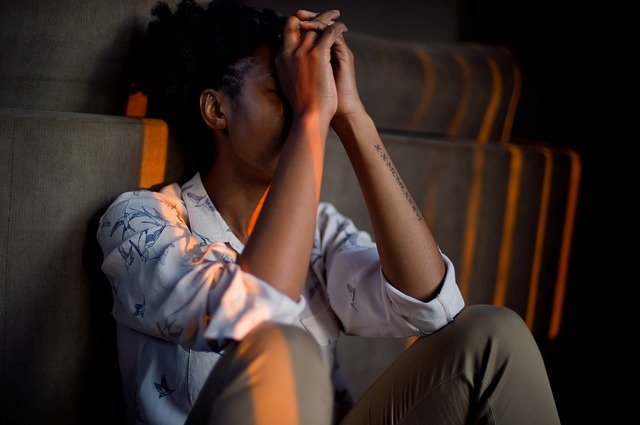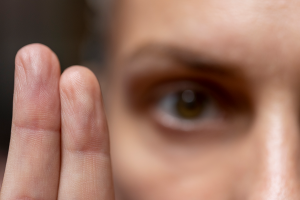Grief is a deeply emotional experience that affects every part of a person’s life — emotionally, mentally, and even physically. One of the most common, yet often unexpected, symptoms of grief is fatigue. If you’re grieving and find yourself feeling unusually tired or drained, you’re not alone — and it’s completely normal. Yes, grief can absolutely make you tired. Fatigue is a natural part of the grieving process. Whether you’ve lost a loved one, experienced a major life change, or are dealing with any form of significant loss, your body and mind are under a great deal of stress. This emotional toll can lead to physical exhaustion.
Why Does Grief Cause Fatigue?
There are several reasons why grief can leave you feeling tired:
- Emotional Stress: Grieving takes a lot of emotional energy. Processing feelings like sadness, anger, guilt, or confusion can be mentally and physically draining.
- Sleep Disruptions: Many people dealing with grief have trouble falling or staying asleep. Nighttime anxiety or vivid dreams about the loss can leave you feeling unrested.
- Changes in Appetite: Eating too little or too much during grief can affect your energy levels. Poor nutrition or dehydration can increase feelings of fatigue.
- Mental Fog: Grief often leads to difficulty concentrating, forgetfulness, and a sense of being overwhelmed, all of which can make daily tasks feel exhausting.
Coping With Grief-Related Fatigue
If you’re experiencing grief-related tiredness, here are a few gentle ways to care for yourself:
- Rest when you need to. Give yourself permission to take breaks and slow down.
- Try to maintain a routine. Simple daily habits like eating regular meals or going for short walks can help regulate your body and mind.
- Talk about it. Sharing your feelings with a friend, support group, or grief therapist can ease some of the emotional weight.
- Be kind to yourself. There is no “right” way to grieve — allow yourself time to heal without pressure or guilt.
When to Seek Help
Grief can affect every part of your well-being, including your energy levels. Feeling tired doesn’t mean you’re doing anything wrong — it’s simply a sign that your body and heart are trying to process something painful. With time, support, and care, this heaviness can lighten. While fatigue during grief is normal, extreme or prolonged tiredness may be a sign of depression or complicated grief. If you’re struggling to function in daily life, it’s okay — and important — to seek support from a mental health professional.







